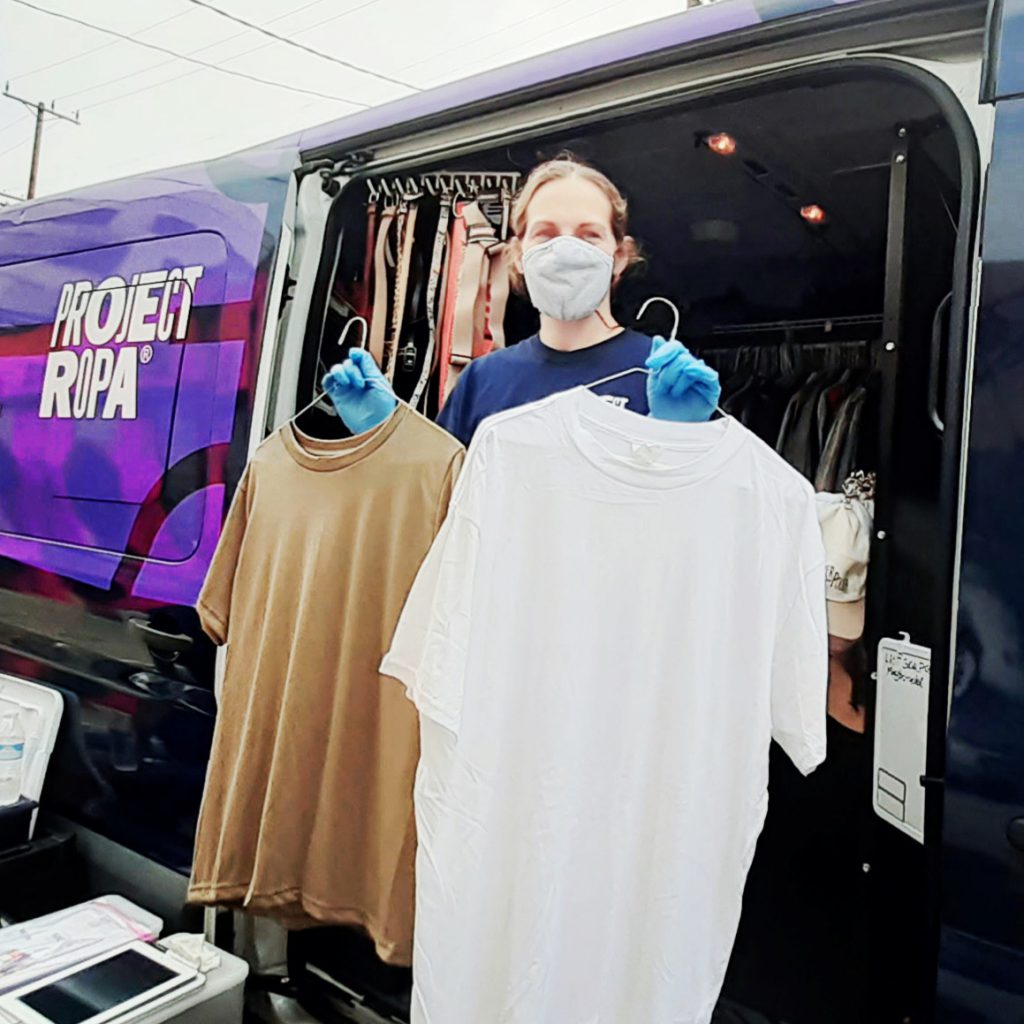Many of us are still holed up at home, huddled at our desks and fending off interruptions from children or spouses as we continue navigating this new work from home experience. We’ve traded conference rooms for living rooms and dress pants for leggings. When you turn on your camera for a Zoom call, you might swap your t-shirt for a blouse or add a swipe of lipstick.
How does spending the day in sweatpants affect your mindset? Are you less likely to feel motivated and focused if you’re in joggers and not a wrap dress or sensible slacks? While you might be more comfortable in athleisure, scientists agree that clothing choices affect everything from your mood to your health. It’s called “enclothed cognition.” You subconsciously carry yourself differently based on what you’re wearing. It can affect your judgments, thoughts, and mindset.
Donning a cobalt blouse that brings out your eyes might add a little extra spring to your step and confidence to your voice, while sporting a ratty tee could distort everything from how you feel to how you act. Putting on a brand new outfit that makes you feel amazing can instantly cause you to hold yourself higher and smile more brightly. It’s why we choose our most polished, flattering looks for job interviews; we want to put our best foot forward.
Now, consider if you didn’t have a choice in the matter – if your closet weren’t laden with options. How would it affect your emotional wellbeing to wear the same clothing every day? What if your clothes weren’t just out of style or worn out, but also dirty and malodorous?
For the homeless population, this is an enormous problem. With self-esteem and confidence greatly tied to outward appearances, especially clothing, it seems the deck is stacked against them. Without access to clean clothing or laundry facilities, the homeless have little choice in what they wear. A job interview compounds the problem, as an applicant must feel confident to project ability yet will also be partially judged based on physical appearances.
That’s why our mission continues to be critically important for the homeless population of Los Angeles County and beyond. Though we are always taught that it’s what’s on the outside that counts, how we clothe ourselves affects so much about how we feel and how we present ourselves to the world, as well as what others think about us. Sometimes, making a change in someone’s life can be as simple as helping them change into clean clothing that are the right fit and style.
Learn about what we are doing at Project Ropa to make sure our unhoused neighbors have access to clean clothes in a safe, humane and dignity way here.





